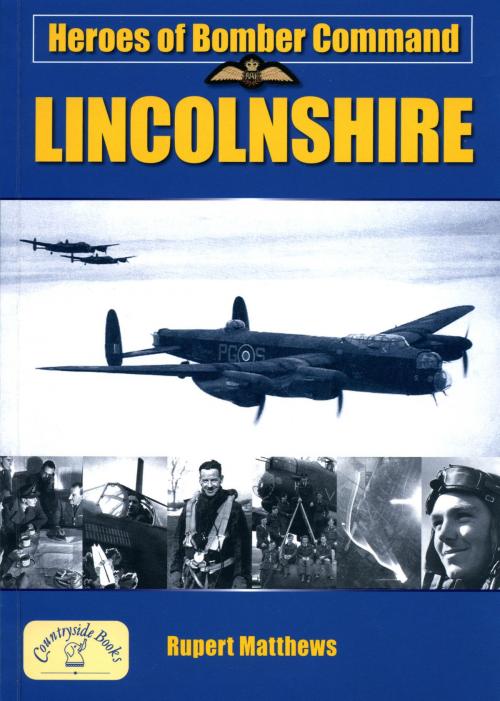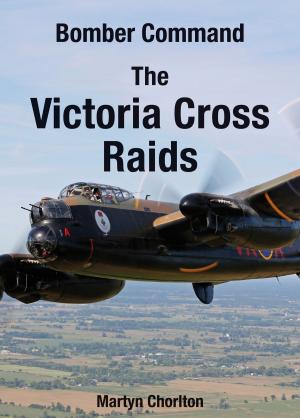Heroes of Bomber Command Lincolnshire
Nonfiction, History, Modern, 20th Century, British, Military, World War II| Author: | Rupert Matthews | ISBN: | 9781846748967 |
| Publisher: | Countryside Books | Publication: | November 3, 2005 |
| Imprint: | Countryside Books | Language: | English |
| Author: | Rupert Matthews |
| ISBN: | 9781846748967 |
| Publisher: | Countryside Books |
| Publication: | November 3, 2005 |
| Imprint: | Countryside Books |
| Language: | English |
At the outbreak of the Second World War in September 1939, such was the build-up of men and materials in the RAF that Lincolnshire was already known as ‘Bomber Country’. Its four main airfields—Hemswell, Scampton, Waddington and Cottesmore—were home to eight squadrons of Bomber Command under the legendary Arthur ‘Bomber’ Harris.
To begin with, the task was to drop leaflets over Germany urging them to make peace and overthrow the Nazis. The bombing war started in earnest after the fall of France and the evacuation of Dunkirk.
Night after night the skies of Lincolnshire reverberated with the sound of aircraft taking off and landing. For the aircrews the missions were very dangerous and physically exhausting. The chances of surviving a full tour of 30 operations were only 50/50, less in the first five sorties while aircrews gained valuable experience. Their targets were roads, railways, bridges, harbours, dams, factories and oil installations. Many medals were won—some of them posthumously. On the Dambusters Raid alone, 36 were awarded; a VC for the leader Guy Gibson, five DSOs, 14 DFCs, 12 DFMs and three Conspicuous Gallantry Medals.
In this well researched book, Rupert Matthews describes many of the operations in detail and tells the story of courageous members of Bomber Command who, despite the odds, flew mission after mission—heroes every one of them.
At the outbreak of the Second World War in September 1939, such was the build-up of men and materials in the RAF that Lincolnshire was already known as ‘Bomber Country’. Its four main airfields—Hemswell, Scampton, Waddington and Cottesmore—were home to eight squadrons of Bomber Command under the legendary Arthur ‘Bomber’ Harris.
To begin with, the task was to drop leaflets over Germany urging them to make peace and overthrow the Nazis. The bombing war started in earnest after the fall of France and the evacuation of Dunkirk.
Night after night the skies of Lincolnshire reverberated with the sound of aircraft taking off and landing. For the aircrews the missions were very dangerous and physically exhausting. The chances of surviving a full tour of 30 operations were only 50/50, less in the first five sorties while aircrews gained valuable experience. Their targets were roads, railways, bridges, harbours, dams, factories and oil installations. Many medals were won—some of them posthumously. On the Dambusters Raid alone, 36 were awarded; a VC for the leader Guy Gibson, five DSOs, 14 DFCs, 12 DFMs and three Conspicuous Gallantry Medals.
In this well researched book, Rupert Matthews describes many of the operations in detail and tells the story of courageous members of Bomber Command who, despite the odds, flew mission after mission—heroes every one of them.















